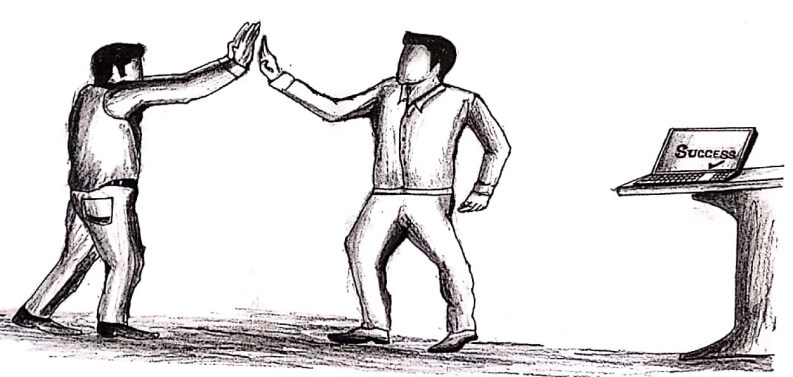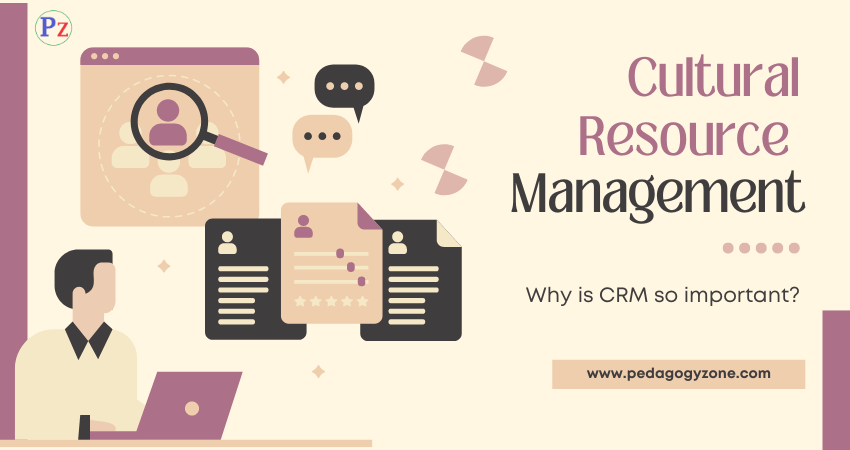1. Normative Culture
The norms and procedures of the organization are predefined and the rules and regulations are set as per the existing guidelines. The employees behave in an ideal way and strictly adhere to the policies of the organization. No employees dare to break the rules and stick to the already laid policies.
2. Pragmatic Culture
Pragmatic Culture is more emphasized on clients and external parties. Customer satisfaction is the main motive of the employees in a pragmatic culture. Such organizations treat their clients as gods and do not follow any set rules. Every employee strives hard to satisfy his clients to expect maximum business form their side.
3. Academic Culture
Organizations following academic culture hire skilled individuals. The roles and responsibilities are delegated according to the back ground, educational qualification and work experience of the employees. Organizations following academic culture are very particular about training the existing employees. The management makes sincere efforts to upgrade the knowledge of the employees to improve their professional competence. The employees in an academic culture stick to the organization for a larger duration and also grow within it. Educational institutions, universities, hospitals practice such a culture.
4. Baseball Team Culture
Employees are considered as the most treasured possession of the organization. The employees are the true assets of the organization who have a major role in its successful functioning. In such a culture, the individuals always have an upper edge and they do not bother much about their organization. Advertising Agencies, Events Management Companies, Financial Institutions follow such a
5. Club Culture
Organizations following a Club Culture are very particular about the employees they recruit. The individuals are hired as per their specialization, educational qualification and interests. Each one does what he is best at. The high potential employees are promoted suitably and appraisals are a regular feature of such a culture.
6. Fortress Culture
There is certain organization where the employees are not very sure about their career and longevity. Such organization follows fortress culture. The employees are terminated if the organization is not performing well, individuals suffer the most where the organization is at a loss, and stock broking industries follow such a culture.
7. Tough Guy Culture
Here feedbacks are essential. The performance of the employees is reviewed from time to time and their work is thoroughly monitored. Team Managers are appointed to discuss quires with the team members and guide them whenever required. The employees are under constant watch in such a culture.
8. Process Culture
Employees adhere to the process and procedures of the organization. Feedback and performance reviews do not matter much in such organization. The employees abide by the rules and regulations and work according to the ideologies of the workplace. All government organizations follow such a culture.
Importance Of Organization Culture

Changes in Culture
The four main factors that cause cultural changes are:
1. Technology
2. Changes in the environment due to mergers and acquisitions
3. New ideas cause culture change
4. Diffusion
[sc_fs_faq html=”true” headline=”h3″ img=”” question=”How is Culture Learned?” img_alt=”” css_class=””] It is important to remember that culture is learned through language and modeling others. It is not genetically transmitted. Cultures is acquired by consciously or unconsciously, throughout our lives, through most of our basic cultural understanding are acquired early on from our parents and other intimates, schools and relatives teachings. [/sc_fs_faq]
| Read More Topics |
| Organizational behavior modifications |
| Define misbehaviour with types |
| Factors influencing personality |




